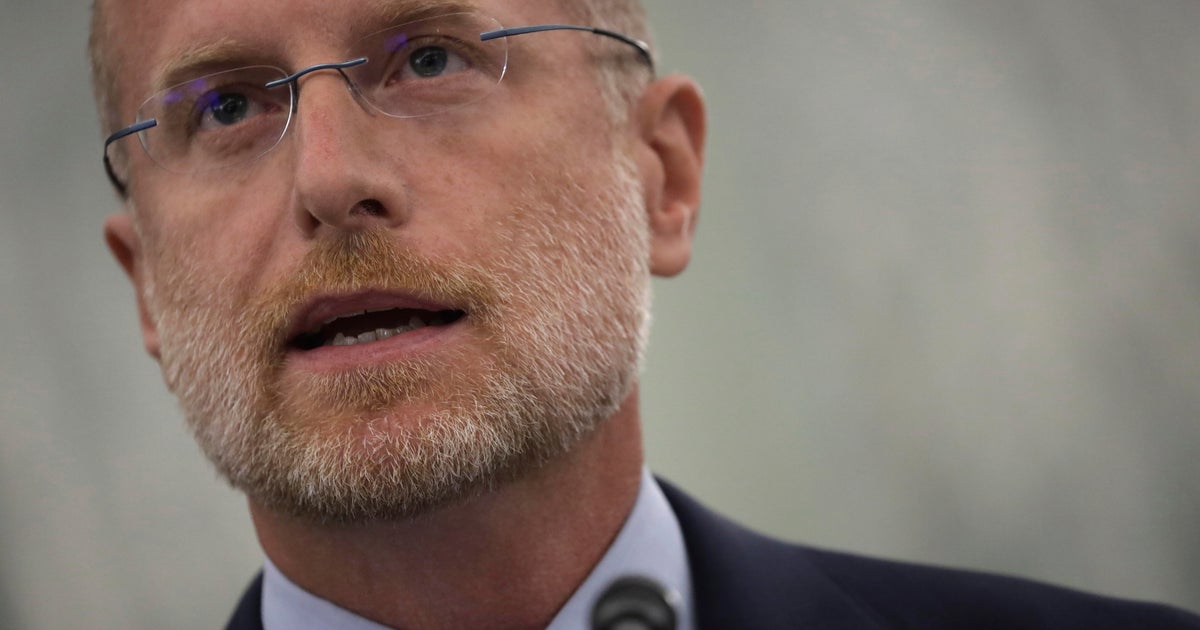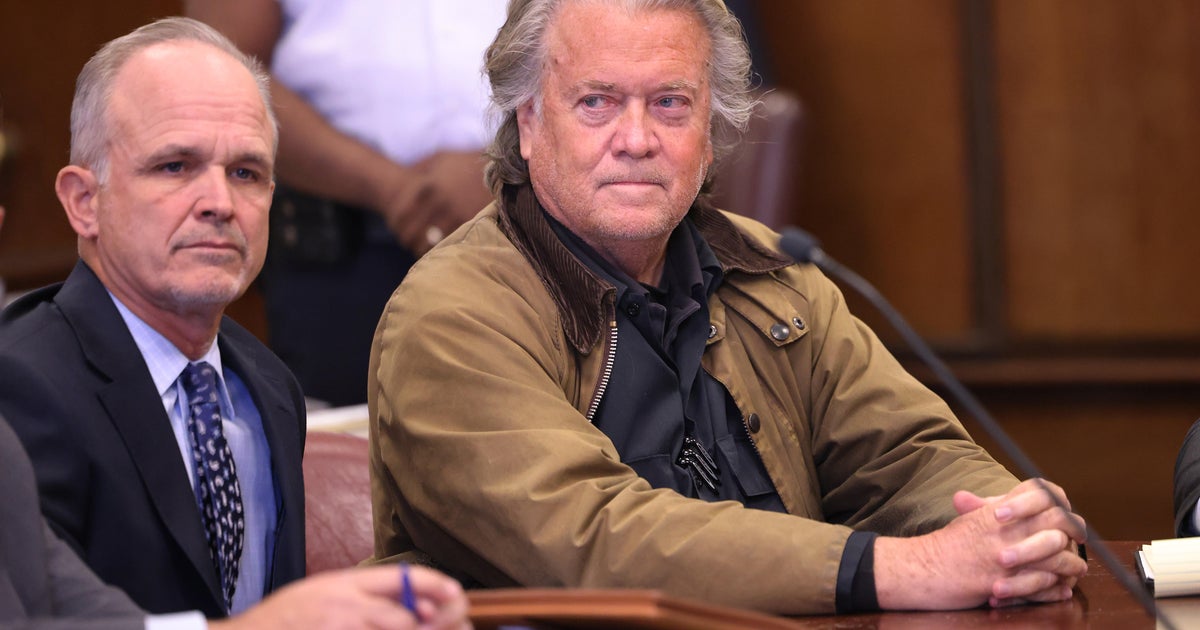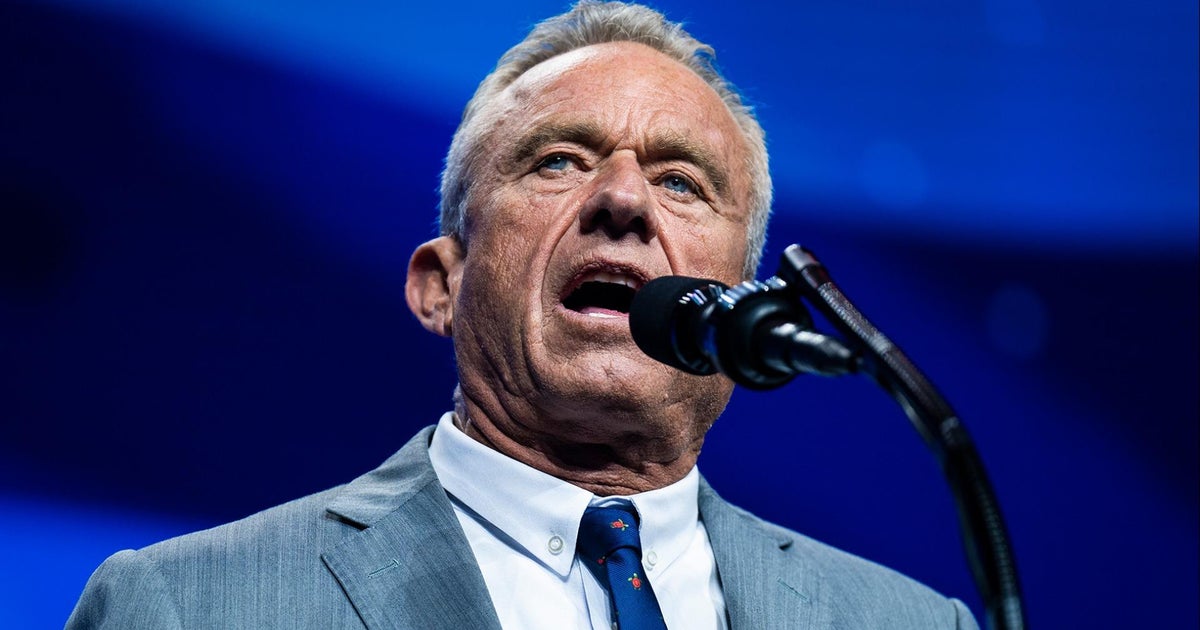Prosecutors urge judge to consider postponing Trump's sentencing until after his presidency
President-elect Donald Trump's six-year New York criminal odyssey might need to continue for at least another four, prosecutors said Tuesday.
Lawyers for Manhattan District Attorney Alvin Bragg wrote in a letter to Justice Juan Merchan that Trump should not be sentenced for his crimes until after he completes his second term in office. That would be the year 2029, more than a decade after the investigation into Trump's coverup of a "hush money" payment began.
"Consideration must be given to various non-dismissal options that may address any concerns raised by the pendency of a post-trial criminal proceeding during the presidency, such as deferral of all remaining criminal proceedings until after the end of defendant's upcoming presidential term," the filing said.
Merchan had been slated to rule on Nov. 12 on whether presidential immunity should have prevented jurors from seeing certain evidence at Trump's trial this spring, but he postponed his decision. Merchan said he wanted to hear from prosecutors about how to proceed with the case, which entered uncharted terrain when Trump was reelected president.
Prosecutors said in their filings that they intend to oppose any effort by Trump to dismiss his case outright. Trump's lawyers said in a previous letter that they would do so, claiming his election meant the case might cause "unconstitutional impediments to President Trump's ability to govern."
Prosecutors said in the short term, they are also unopposed to delaying Trump's sentencing, currently on the schedule for Nov. 26, while his attorneys awaiting and responding to his motion to dismiss.
Trump is the first person in American history to win the presidency after being convicted of crimes. He was also the first former president to face trial for crimes.
Trump promised minutes after a unanimous jury found him guilty of felonies in May to fight his conviction. Weeks later, the Supreme Court ruled former presidents are immune from prosecution for official acts and that evidence related to Trump's work as president could not be used at trial.
Trump's lawyers argued the Supreme Court's ruling meant the conviction should be set aside, and his sentencing canceled. They said jurors heard testimony from former White House staff that should have been out of bounds during the trial. The legal team was led by Todd Blanche and Emil Bove, who Trump has said he will appoint next year to senior posts in the U.S. Department of Justice.
Bragg's office has argued that the material protested by Trump's team was "a sliver of the mountains" of evidence the jury considered – so small it shouldn't mean tossing aside the jury's decision.
The jury found that Trump committed 34 felonies, largely by authorizing a plan to conceal reimbursements to Michael Cohen, his former attorney and fixer. Cohen paid $130,000 to adult film star Stormy Daniels, days before the 2016 presidential election, in exchange for her silence about an alleged sexual encounter with Trump. The payment has often been referred to as a "hush money" payment.
Trump insists he is not guilty of falsifying business records — the charge he was convicted on — and has vehemently denied Daniels' story.
The Manhattan District Attorney's Office, then led by Cyrus Vance Jr., began investigating the "hush money" deal in 2018. It soon widened into an expansive probe into Trump's finances. Trump assailed the investigation during his first presidency, fighting a subpoena to the Supreme Court, which in a landmark 2020 decision allowed the office to get Trump's tax returns.
When Bragg took office in 2022, he pared down the investigation, refocusing it on the "hush money" deal. A grand jury indicted Trump on March 31, 2023 and his trial began in April of this year.
The seven-week trial ended with his conviction. The jury deliberated for less than two days.
After hearing guilty 34 times, Trump turned around, clasped his son Eric's hand for a moment, and walked out of the courtroom.
Prosecutors were still packing their briefcases as Trump's voice could be heard from just beyond the doors.
He was decrying the case, and campaigning for a return to the White House.



